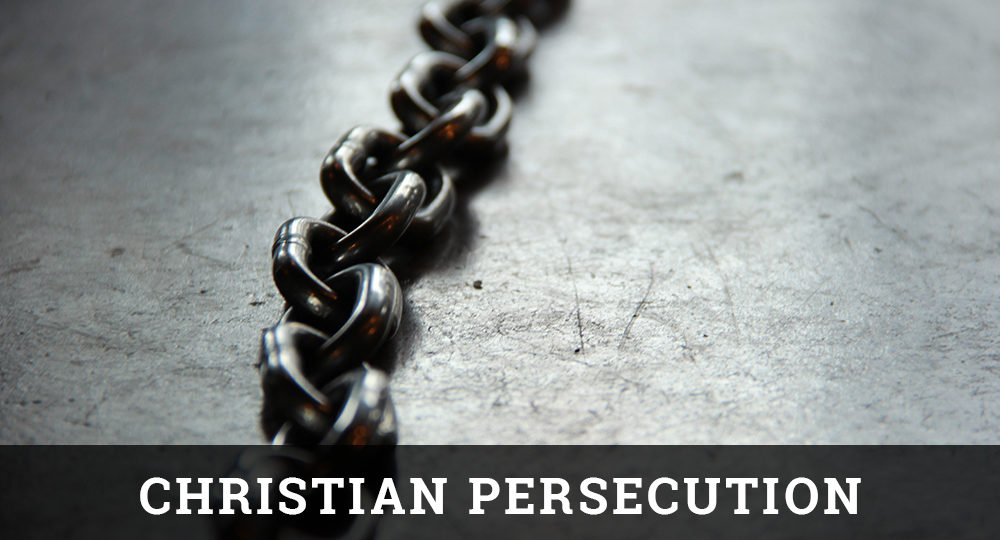They Cry in Silence Mar/Apr 2007
A 24-year-old man known only as Hasanuddin has admitted planning the savage, October 2005 beheadings of three Christian girls in Poso, Indonesia, as a “gift” to Muslims in celebration of Idul Fitri, the end of the Muslim fasting month of Ramadan.
The girls were ambushed as they walked to school. Their severed heads were wrapped in black plastic bags, one of which was deposited on the steps of a church. The two other heads were left near a police station. Another girl was seriously injured but survived.
According to a report from Compass Direct News, Hasanuddin, one of three Muslim extremists on trial for the murders, was charged under the antiterrorism law. If convicted, he could face the death penalty. He told prosecutors the attacks were revenge “to seek justice for our brothers and sisters who have been sadistically and inhumanly slaughtered.” The defendants claim they were avenging Muslims who died during the interfaith clashes in the eastern province of Central Salawasi between 1998 and 2001, reported Compass Direct.
Hasanuddin expressed his sorrow at murdering the girls, according to a newspaper article: “With honesty and sincerity coming from my heart, I ask for forgiveness from the families of the victims. I promise to never repeat it again.”
If saying “I promise to never repeat it again” seems to be too little too late, the response of some of the parents of the victims was timely and a surprise to many onlookers. In the Muslim world, such an atrocity demands revenge. What is not expected is forgiveness, which is exactly what was extended to the killers.
Compass Direct said Asia News has reported that the parents of the three girls met with Hasanuddin and his accomplices in November 2006 and that all three said they had repented and were sorry.
“The mother of one of the girls in return said that she was ready to pardon them. The families embraced the terrorists and shook hands as a sign of peace,” Compass Direct reported.
The act of forgiveness, unknown in so many countries when violent crimes are committed, is one thing that separates true Christianity from other religions. And it is one reason why the testimony of persecuted Christians so often makes a powerful impact on the persecutors.
Muslim converts to Christianity tell how they were taught from childhood to hate Jewish people, Christians, and especially Israel. This unfortunate truth has been borne out by young Arabs, indoctrinated in the ways of jihad, who commit suicide bombings inside Israel. It mystifies them when they discover that their sworn enemies operate entirely differently, and that they do so because of the love and forgiveness they have found in Christ. It was Jesus who taught His disciples in this way:
You have heard that it was said, “You shall love your neighbor and hate your enemy.” But I say to you, love your enemies, bless those who curse you, do good to those who hate you, and pray for those who spitefully use you and persecute you (Mt. 5:43-44).
So when the mother of a teenage daughter embraces and forgives the man who mutilated her child, she is manifesting the teachings of Jesus. And in a most wonderful way, she is expressing what the Holy Spirit has placed in her heart.







